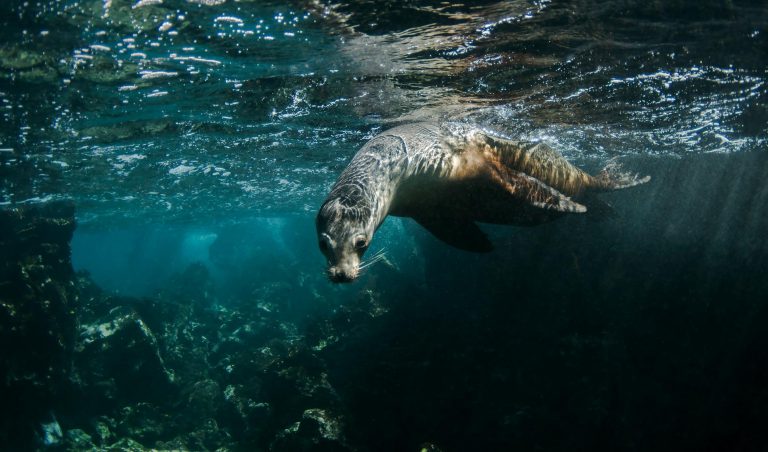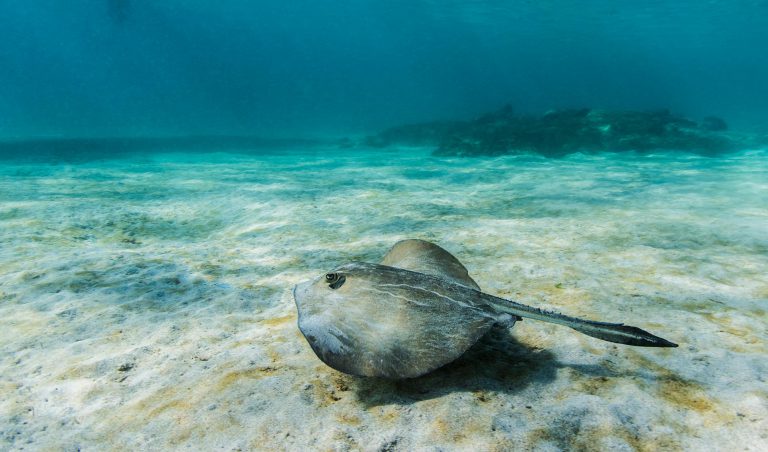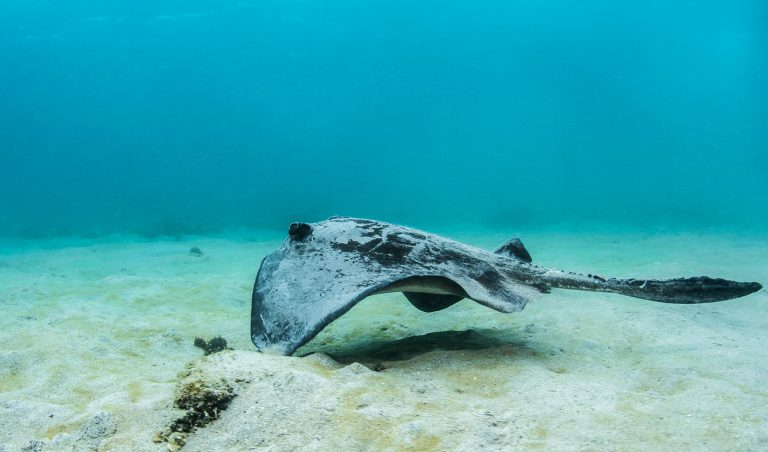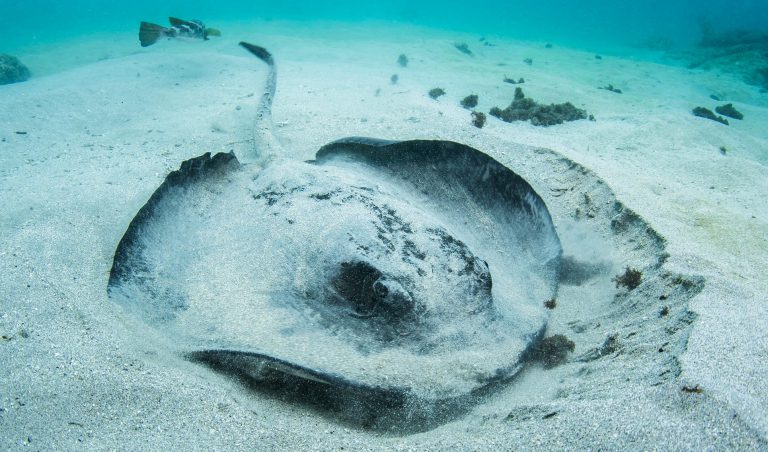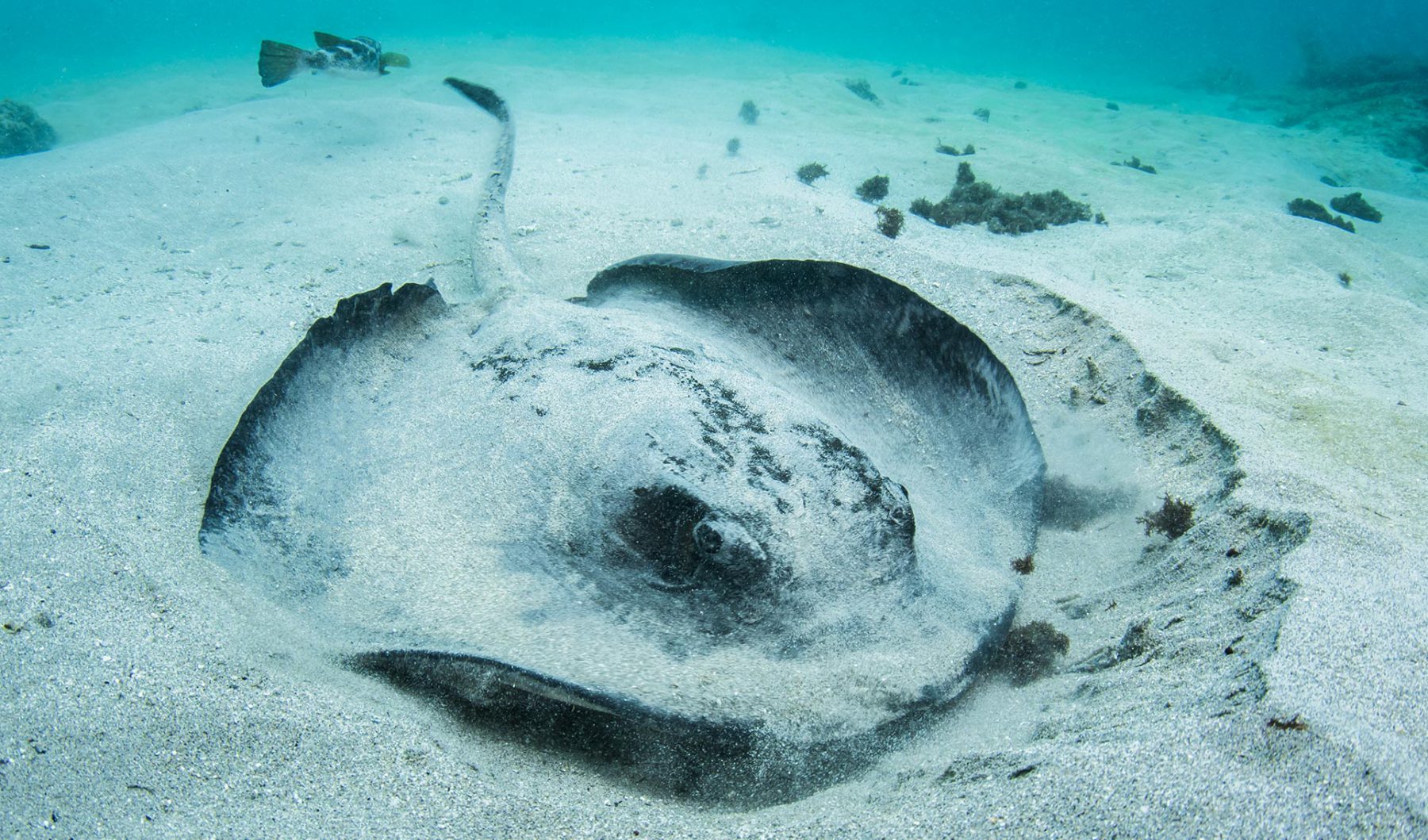
More about Stingrays
Stingrays
Seen from the side, this animal is perfectly flat, with pectoral fins that extend to the head. The eyes are located at the sides of its head and with breathing cavities near. The diameter on average is from about 30 cm to less than 1 m. Stingrays are close relatives to sharks, with the common factor that both are cartilaginous fish that swim in warm waters of tropical oceans.
They will have one baby per year, and when the baby is born it will have to fend for itself. The females keep the egg and the juvenile in their uterus (ovoviviparous) from 2 to 4 months until the youngster is big enough to be born. No parental care is given to the newborn, it must be ready to feed and protect itself. Cartilaginous fish tend to mature at a slow rate, some studies say that they enter maturity when they are 20 to 30 years old.
Stingrays can spend most of their time buried on the seafloor and they have electrical receptors in their skin to help them read electrical charges in the ocean when looking for food and for orientation. Their favorite food is worms, fish, mollusks, crabs, and shrimp that they get by scooping through the ocean sand.
There are also other species in the ray family that can be spotted in the Galapagos: manta rays (the biggest of all, measuring about 4 m across its fins), golden rays, and spotted eagle rays.
Places where you may see this animal:

- Animal Group: Marine Life
- Scientific Name: Dasyatidae
- Animal Average Size: 30 cm - 2 m
- Animal Average Weight: 7,6 kg
Galapagos Animals
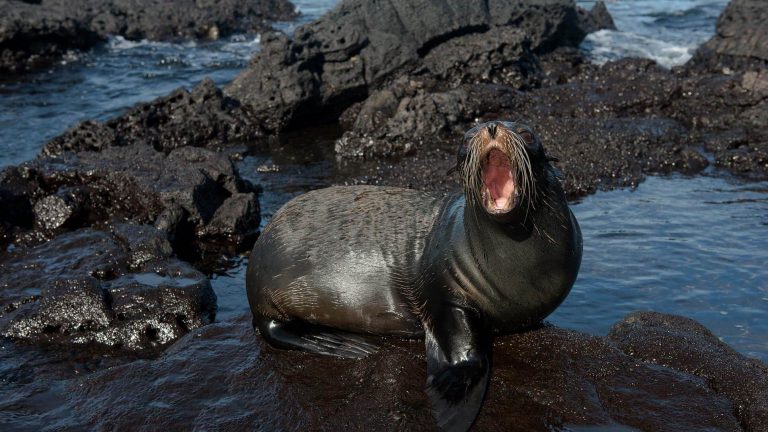
Fur Seal
View more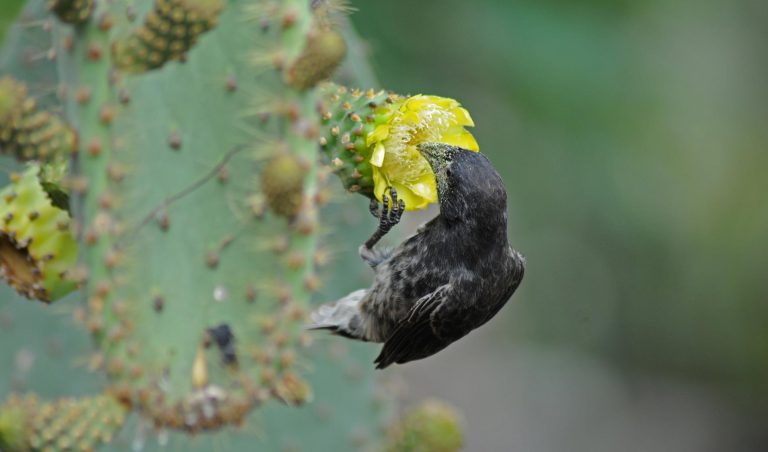
Darwin Finches
View more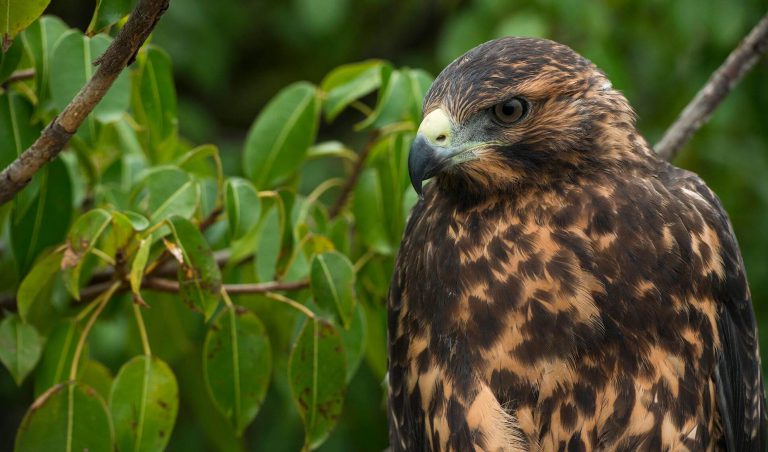
Galapagos Hawk
View more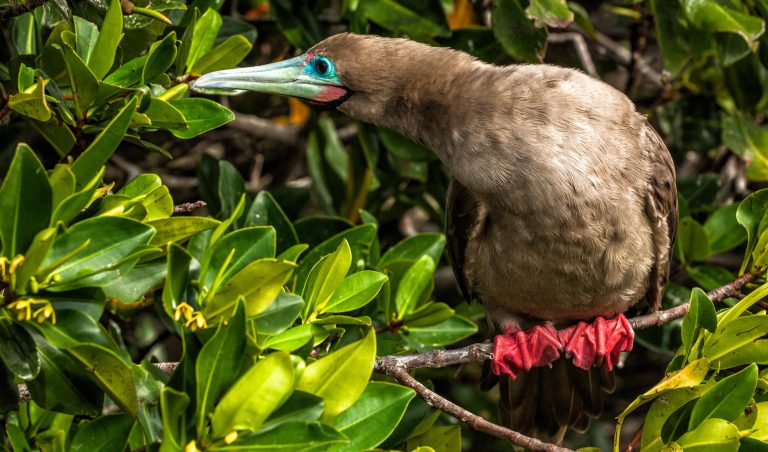
Red-Footed Booby
View more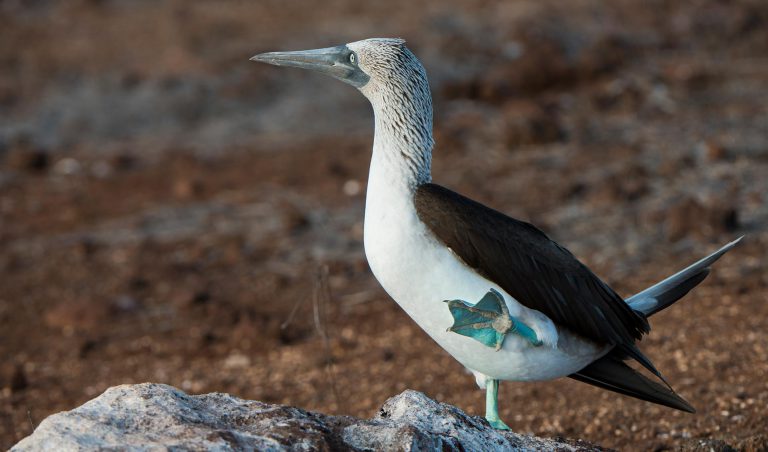
Blue-Footed Booby
View more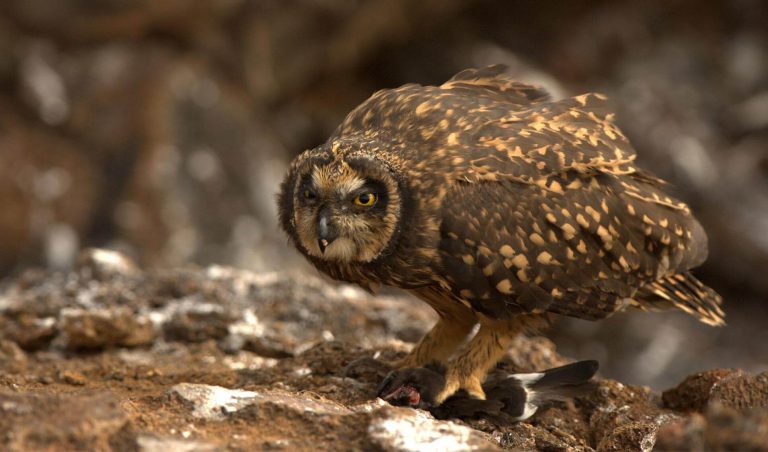
Galapagos Barn Owl
View more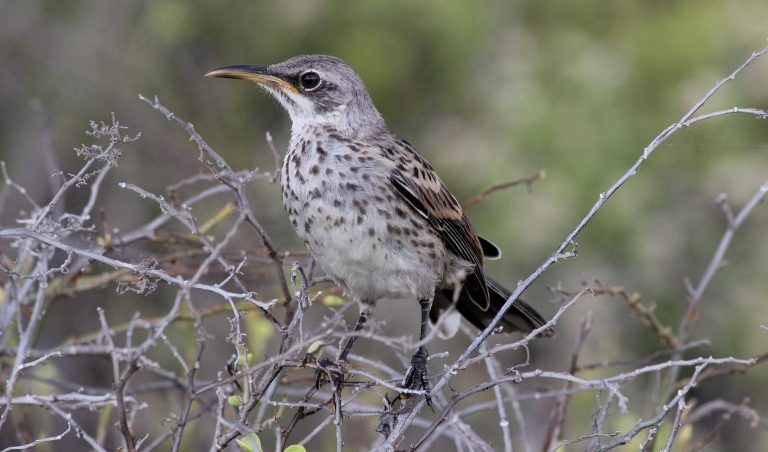
Mockingbird
View more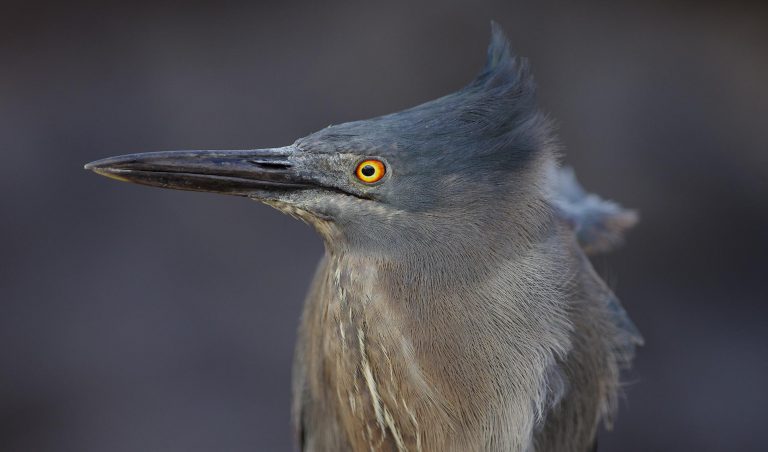
Lava Heron
View more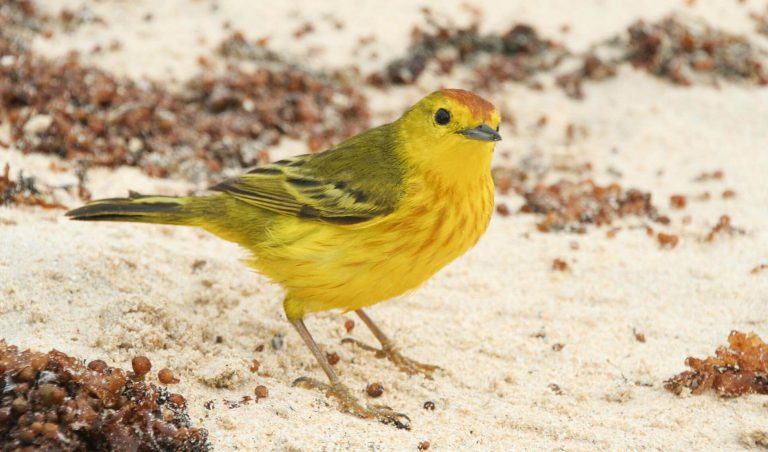
Yellow Warbler
View more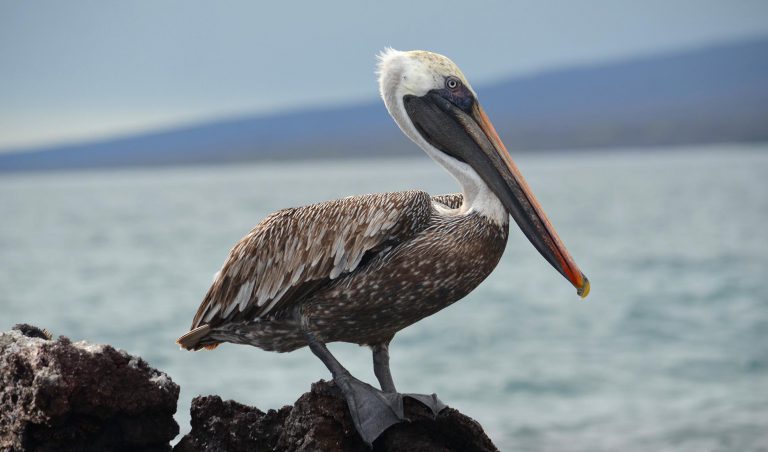
Galapagos Brown Pelican
View more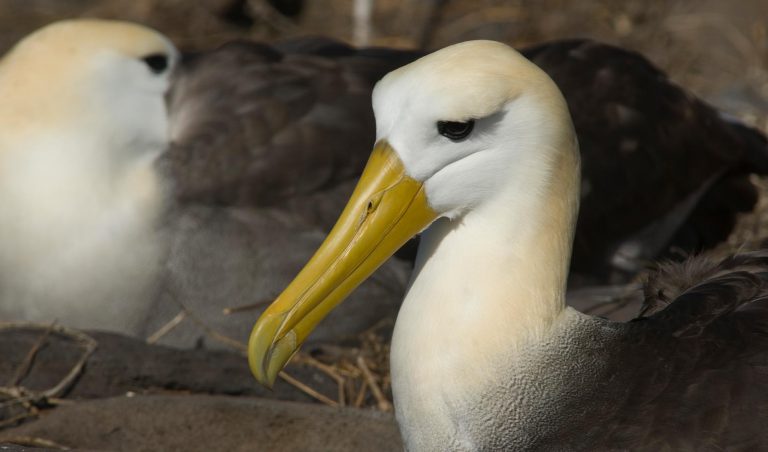
Waved Albatross
View more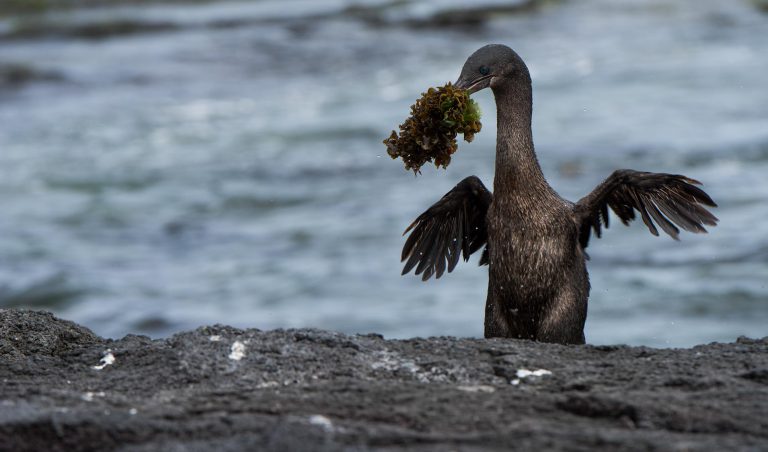
Galapagos Flightless Cormorant
View more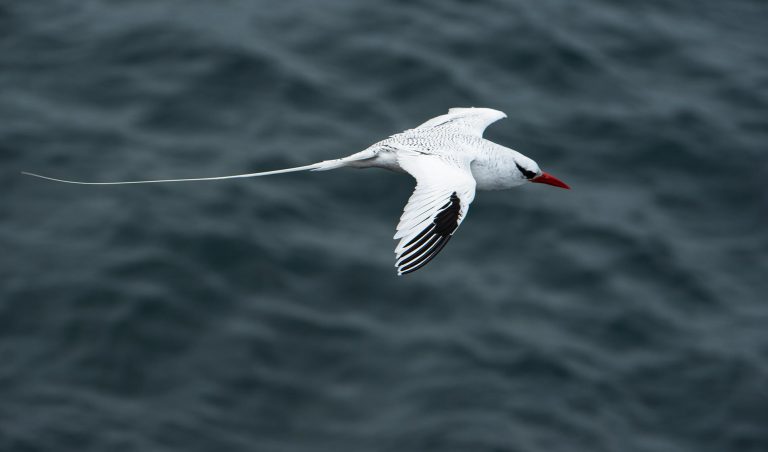
Red-Billed Tropicbird
View more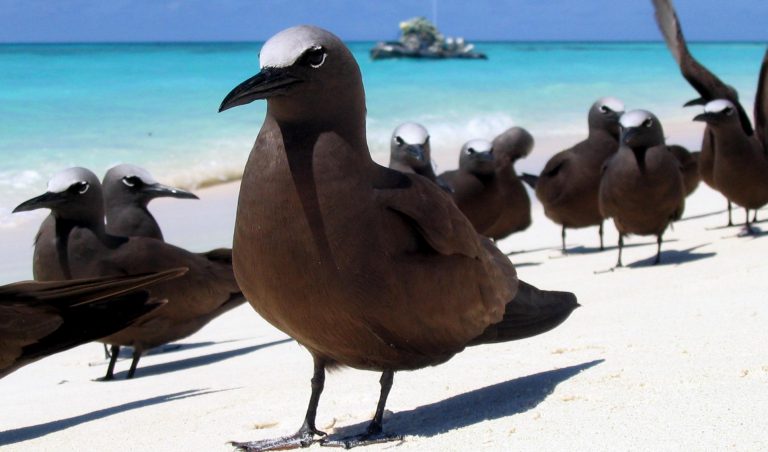
Brown Noddy Tern
View more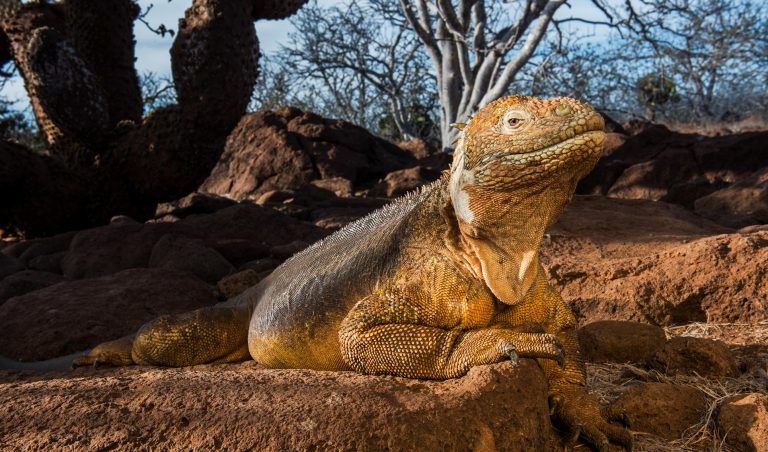
Land Iguana
View more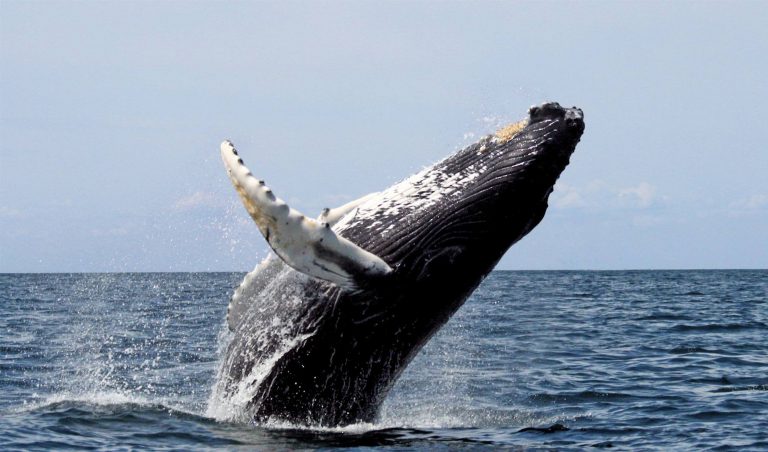
Whales
View more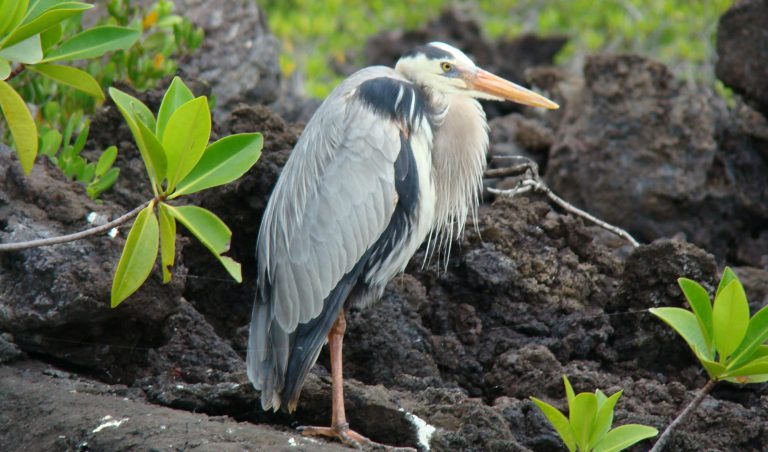
Great Blue Heron
View more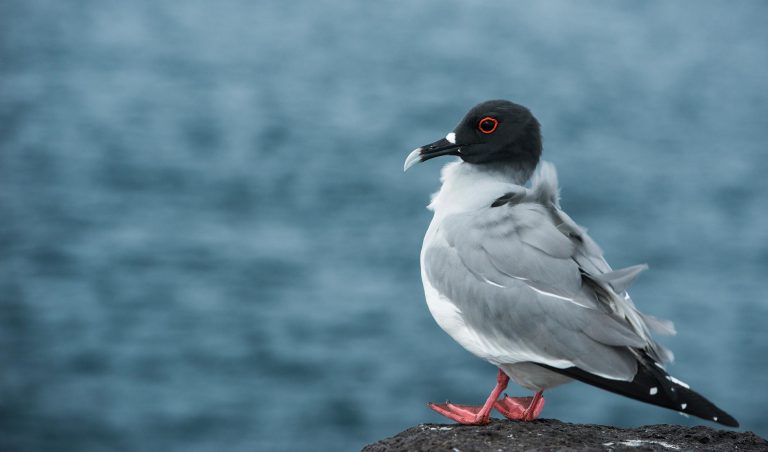
Swallow-Tailed Gull
View more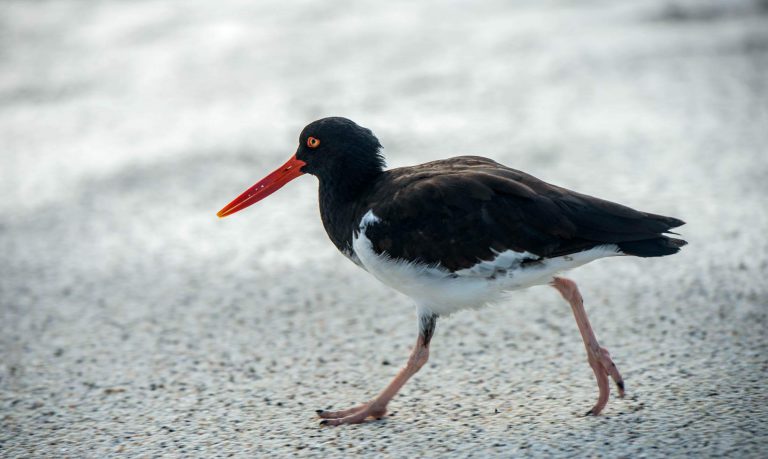
American Oystercatcher
View more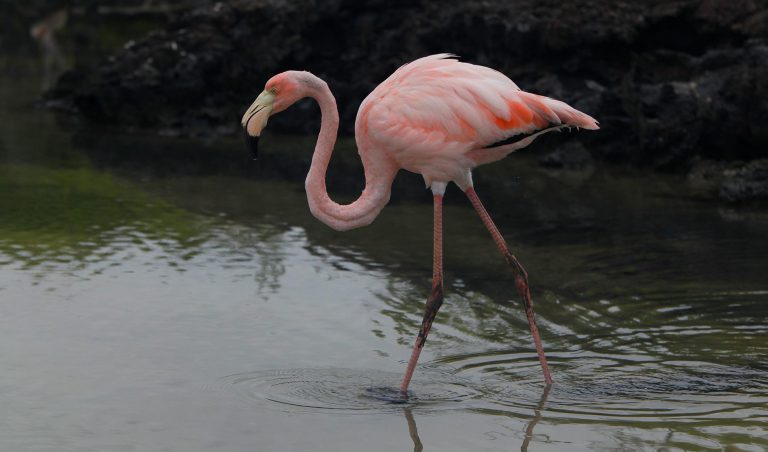
Galapagos Flamingo
View more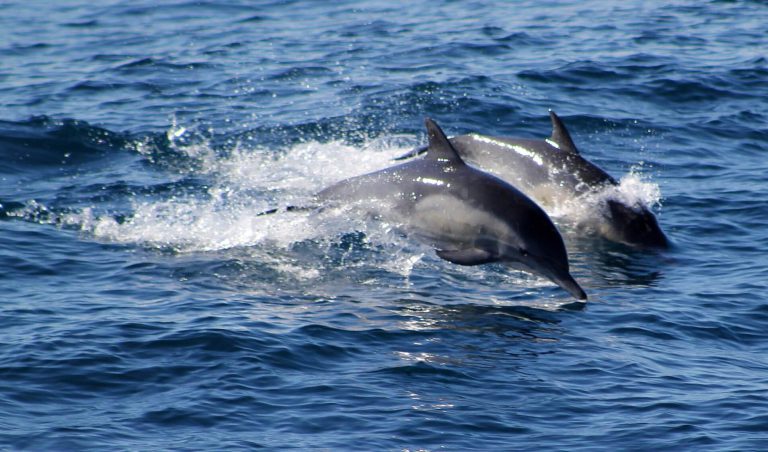
Dolphins
View more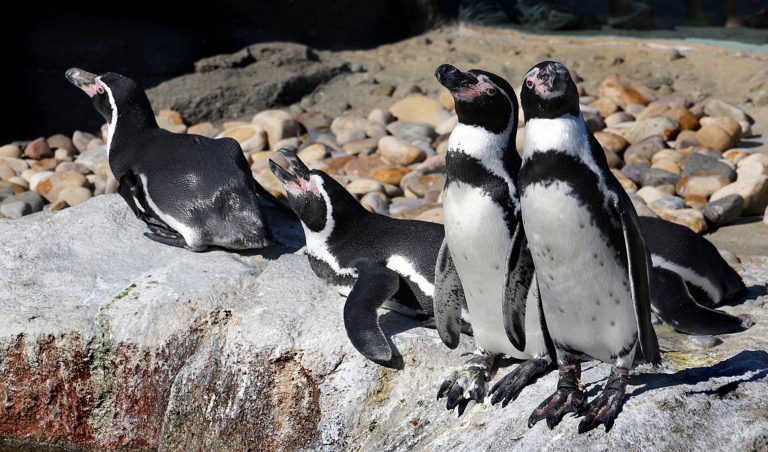
Galapagos Penguin
View more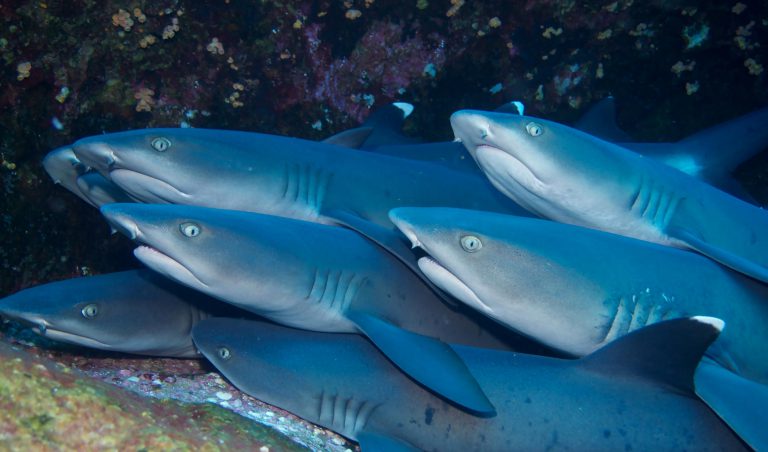
Whitetip Reef Shark
View more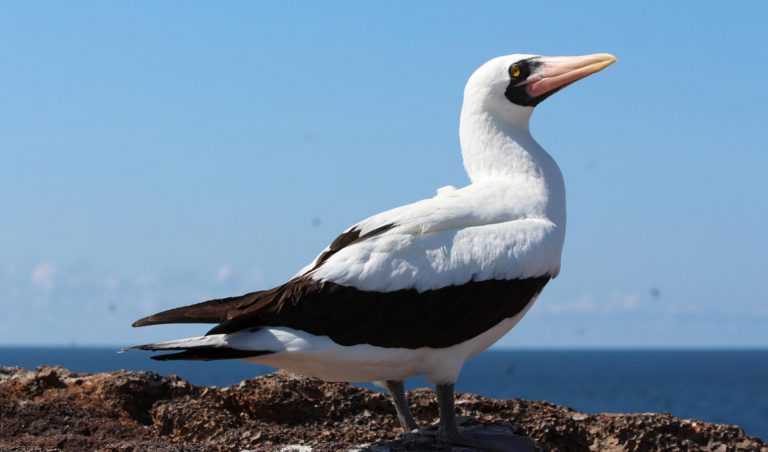
Nazca Booby
View more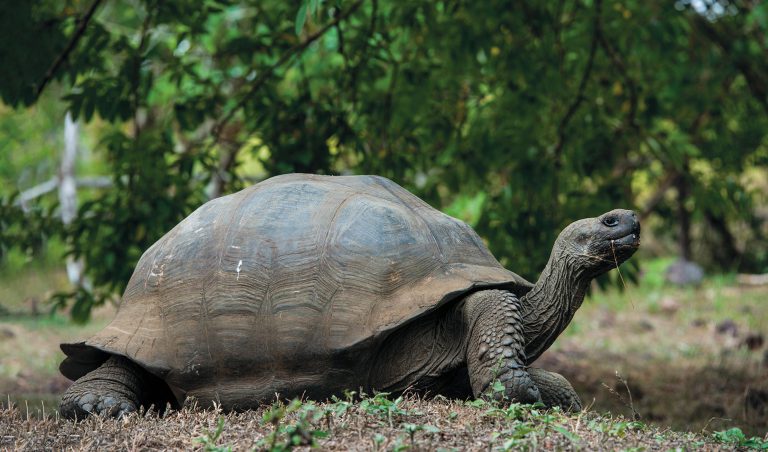
Giant Tortoise - Lonesome George
View more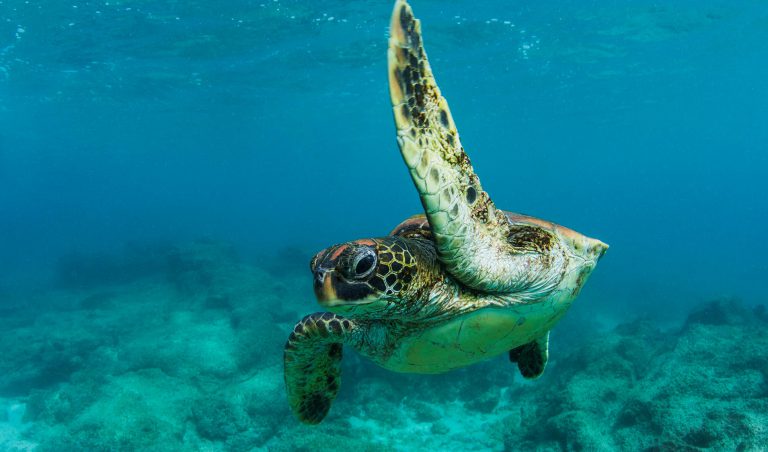
Galapagos Green Sea Turtle
View more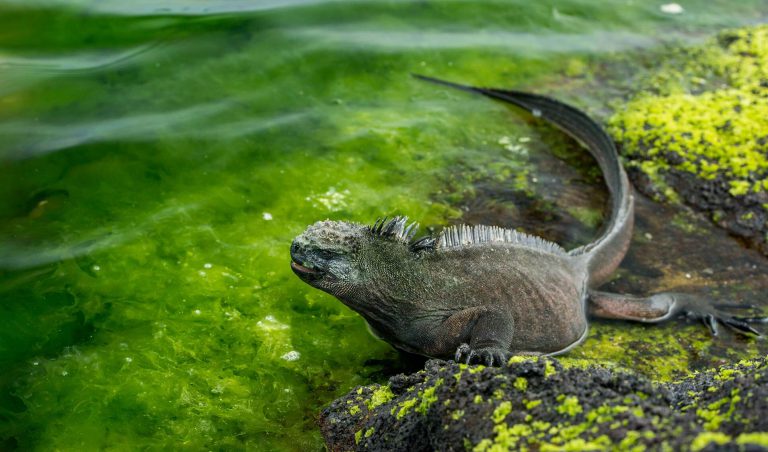
Marine Iguana
View more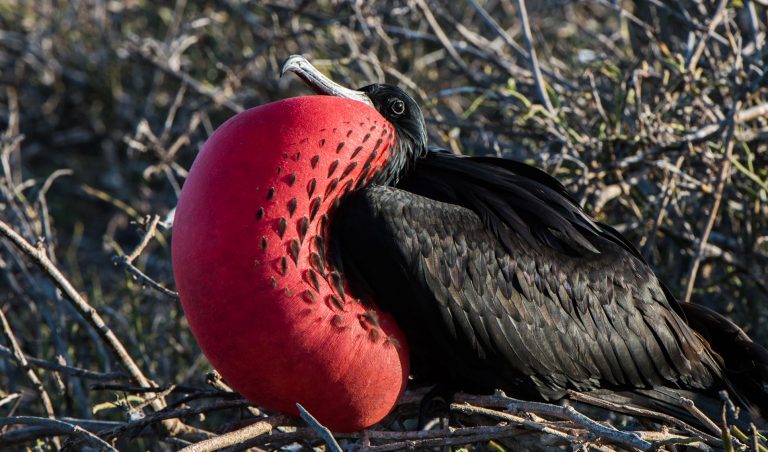
Frigatebird
View more